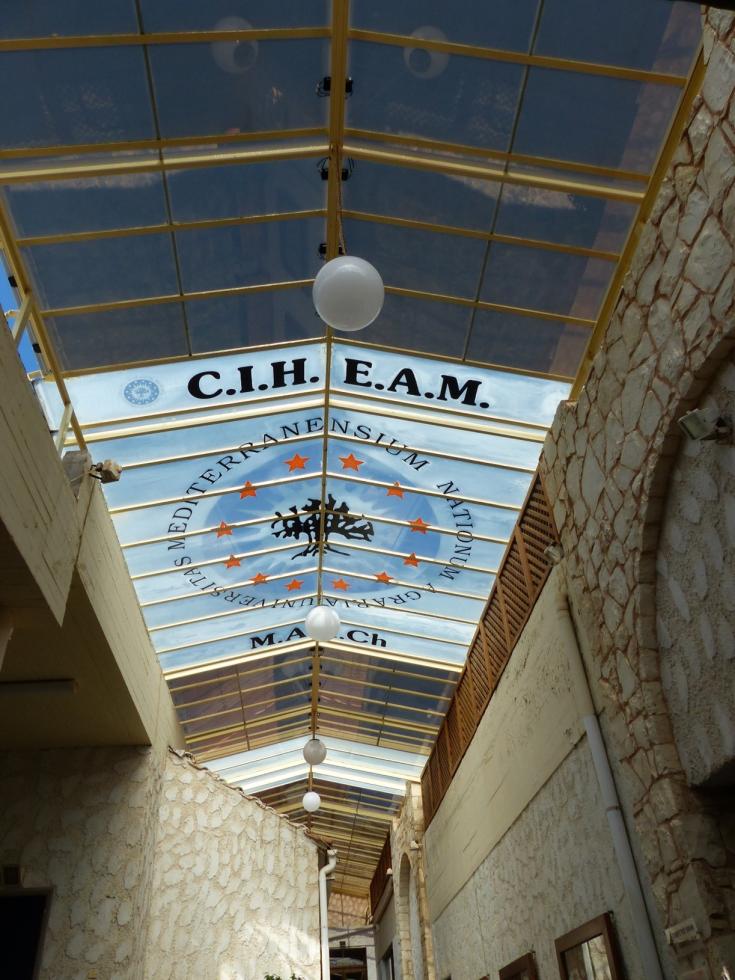Greening Tourism in the Post-pandemic Period in Crete
Tourism is the major industry in Crete, having a share higher than 50% in the regional domestic product while it contributes significantly in the creation of new jobs. There are several internal and external factors which positively or negatively affect the green energy transition of the local tourism industry which have been identified in the following SWOT analysis.
Strengths
The tourism industry consists of the most important industry in the island while the potential of its future growth is high. The policy of the national and regional authorities to de-carbonize the economy according to the EU targets favours the green energy transition of the Creten tourism industry.
The national plan for climate and energy obligates the gradual reduction of carbon emissions in the tourism sector as well as in other sectors of the economy. Large tourism facilities and hotel chains in Crete have the required human and financial resources to de-carbonize their enterprises, reducing their climate impacts. The vast potential of renewable energy sources in Crete enhances the possibilities of using them in the tourism industry. Particularly the abundance of solar energy in Crete favours the use of solar-thermal and solar photovoltaic systems for heat, cooling and electricity generation in the tourism industry.
Weaknesses
Many hotel enterprises are not aware of the obligation to improve the energy efficiency in their facilities while several middle-size tourism enterprises don't have the necessary human and financial resources to achieve that. Many hotel managers do not pay attention to the necessity to reduce their environmental impacts while they prioritise other activities.
Hotel enterprises are not familiar neither well-informed with the green energy technologies which could be used in their facilities improving their environmental behaviour. There is not a mechanism to control and monitor the compliance of tourism enterprises with environmental legislation.
Opportunities
The recovery of the tourism industry in Greece, in the post-pandemic period, favours the green transition of tourism facilities. The forecasts for increased future tourist arrivals in the island favour the implementation of new green investments in tourism facilities.
New financial tools are available within the framework of the current EU programming period at national and regional level to help the energy transition and the adaptation to climate change of the tourism sector. The culture of visitors regarding the minimisation of their environmental impacts during their holidays has changed nowadays and they prefer to reside in environmentally conscious facilities with low climate impacts. The maturity, reliability and the cost-effectiveness of many sustainable energy technologies favour their application in tourism industry.
There are many opportunities nowadays for achieving financial subsidies from EU structural funds in green energy investments in the tourism sector in the island. The global targets for reducing the use of fossil fuels and the carbon emissions favour the de-carbonization of the tourism sector.
Threats
Political instability and/or wars could delay the green transition of tourism enterprises. Instability in the country's national policy regarding the energy mix and delays in achieving environmental and energy goals due to wars and the continuous fluctuation in energy prices. Future national or international economic crises could delay the green transition of tourism enterprises. Extreme weather events threaten the efficiency of green energy technologies.
MAICH and the Region of Crete participated in the development of the SWOT analysis during the first two semesters of the project implementation. Regional stakeholders also contributed in the preparation of the analysis. The SWOT analysis took place in Crete according to the work plan of the DETOCS project.

